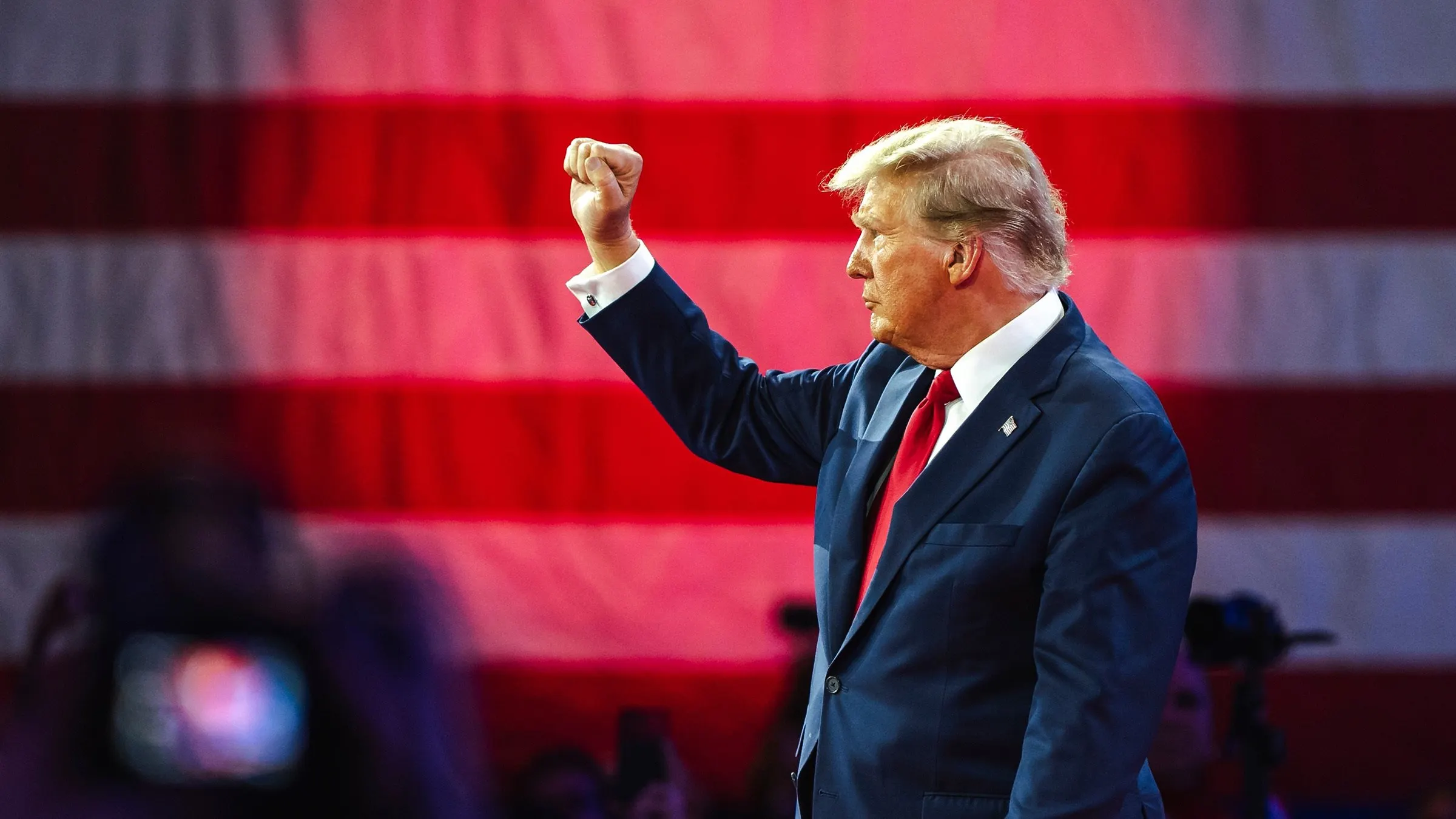Donald Trump, the self-styled stalwart of the U.S. crypto industry, has secured a second term as president of the United States.
While the Associated Press has yet to call the race for Trump, the former president came out to a packed crowd at the Republican Headquarters at Mar-a-Lago in Florida after winning the US Presidential Election.
Republicans have also secured victory in the Senate alongside a possible win in the House, though counting still continues.
The embattled Republican billionaire won Georgia, a swing state, early in the vote count late Tuesday, surging ahead of his Democratic challenger, Vice President Kamala Harris.
He also secured Pennsylvania, another key state, early Wednesday, worth some 19 electoral votes.
While Trump has yet to claim 270 electoral votes required to secure the presidency, it appears to be a foregone conclusion, as Wisconsin and Michigan—two key battleground states—will likely push him well above that figure.
Trump’s victory was met with jubilation by some within the crypto industry, who are banking on his campaign promises to champion and protect their interests.
Celebrating his political comeback, Trump told the crowd, “Frankly, this was the greatest political movement of all time.”
“We're going to help our country heal; we have a country that needs help very badly. We're going to fix our borders; we're going to fix everything,” Trump said.
Crypto campaign promises
From the outset of his campaign, Trump vowed to loosen restrictions on digital assets and blockchain technology firms in the U.S.
Trump has pledged to support the crypto industry by establishing a national Bitcoin reserve, backing U.S.-based mining, opposing a U.S. CBDC, and advocating for self-custody rights.
Additionally, his family's recent venture, World Liberty Financial, signals a deepening commitment to the sector.
It earned him the support of industry insiders and crypto participants who allege they had been unfairly targeted amid a crackdown under the Biden administration.
Trump hammered home those promises last spring during his speech at Bitcoin Nashville, where he unveiled a plan to build a Bitcoin “stockpile” for the U.S. Federal Reserve, in addition to promising to fire Securities Exchange Commission Chairman Gary Gensler.
On the campaign trail, Trump pulled several publicity stunts to underscore his newfound commitment to promote and protect crypto, which he called a “scam” just a few years ago.
He convened with Bitcoin enthusiasts in Washington, D.C., launched an eyebrow-raising DeFi platform, and bought burgers for supporters with BTC at a bar for Bitcoiners in New York City.
The Republican's engagement with crypto earned him several endorsements from prominent industry players early on during his campaign run, including from ex-Messari CEO Ryan Selkis and Gemini founders Tyler and Cameron Winklevoss.
X owner and billionaire Elon Musk has also been one of his most prominent vocal supporters.
Edited by Sebastian Sinclair

